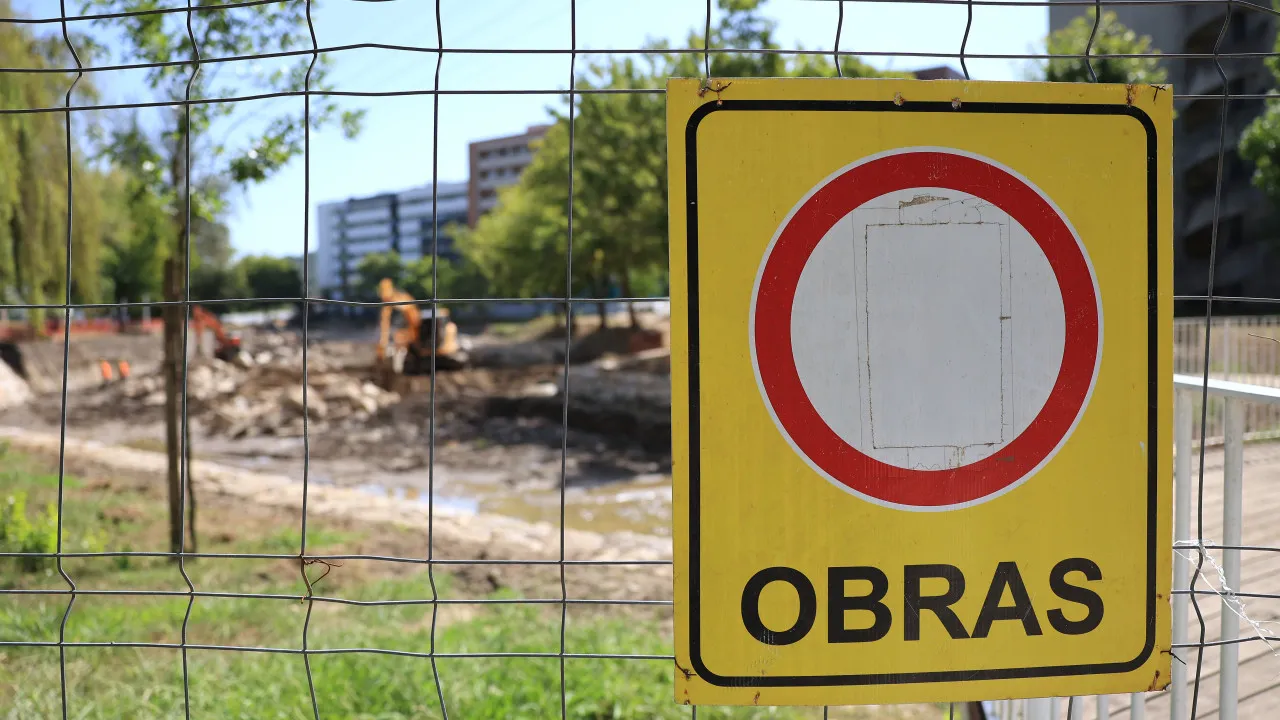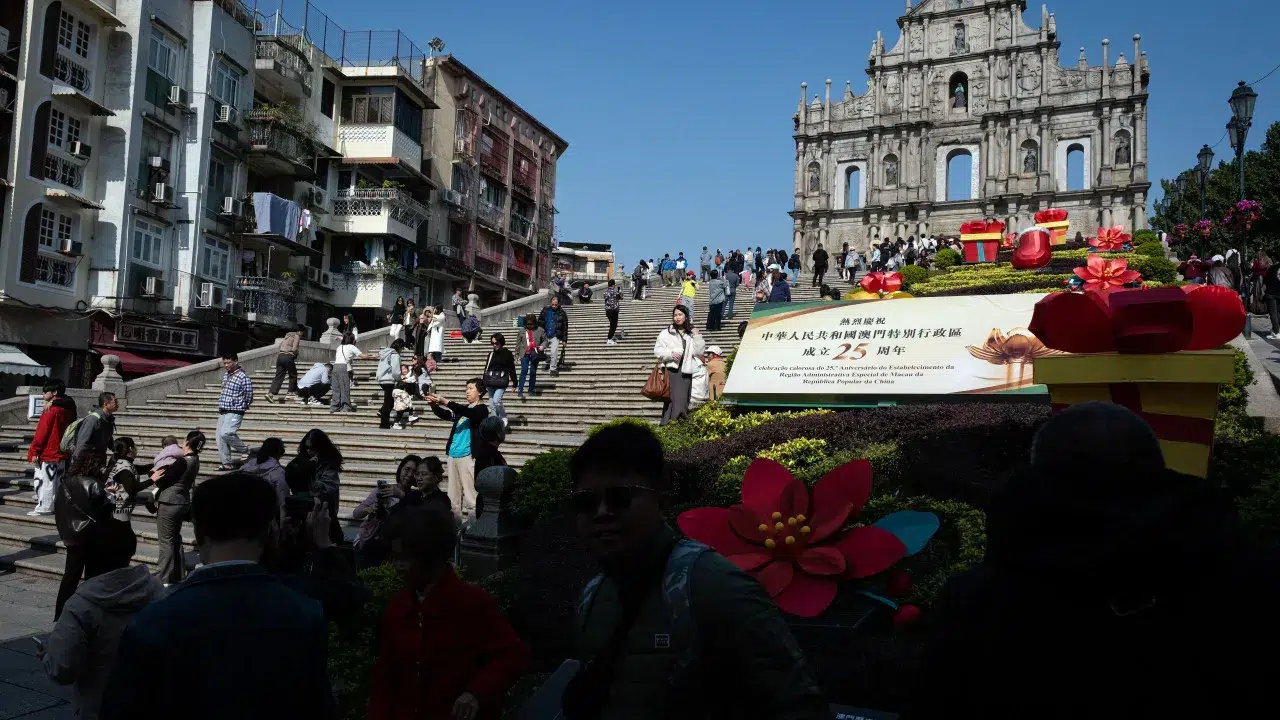
In a response to inquiries made via email, the public infrastructure entity, IP, reported that a bacteria was detected “in certain areas of the facilities” it manages at the Beja and Cuba railway stations, following “control actions” mandated by law.
“IP immediately took the necessary and appropriate measures to protect the health of workers and users,” it stated, adding that the water supply had been suspended and the use of restrooms, showers, and canteens was prohibited.
The responses did not clarify when the bacteria was detected in those facilities.
To address the issue swiftly, the public company plans “a cleaning and disinfection using biocides with the application of a chemical shock to the piping, to be performed by a specialized contracted company.”
“After the cleaning and disinfection operations, new samples will be collected for analysis,” it emphasized.
These actions, it highlighted, will be “conducted with the frequency stipulated in current legislation” and “performed whenever necessary until the problem is resolved.”
“IP is monitoring developments in these situations, and so far, there is no knowledge of any infections among workers or users of these spaces,” it added.
The bacteria had previously been detected at the end of November 2024, in restrooms and other facilities at the Beja and Cuba railway stations, which at the time led to their temporary closure as a precaution.
The Legionella bacteria is responsible for Legionnaires’ disease, a severe form of pneumonia that typically begins with a dry cough, fever, chills, headache, muscle aches, and difficulty breathing. Abdominal pain and diarrhea may also occur.
The infection can be contracted through the respiratory route by inhaling water droplets or by aspirating contaminated water, though it is severe, it is treatable.




